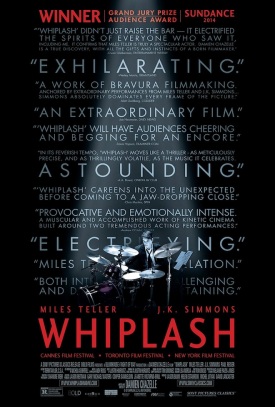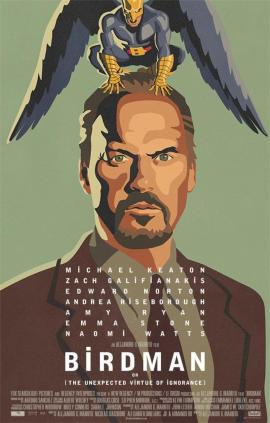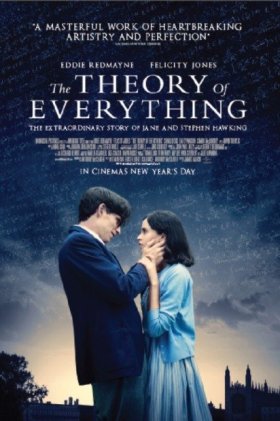Anastasia Steele (Dakota Johnson) is an introvert literature student leading a normal life. She meets the handsome but mysterious Christian Grey (Jamie Dornan) who helps the young woman discover countless sexual pleasures. This erotic exploration takes a new turn when Anastasia finds out Christian’s darkest secrets. She starts wondering whether she should keep seeing the billionaire.
Fifty Shades of Grey, directed by Sam Taylor-Johnson and relying on the eponymous novel written by E.L. James, is an uninspired cinematographic production. The film is served by stereotyped characters, a bland relationship, ridiculously poor dialogues, and a nonexistent plot. Even Jamie Dornan, who has proven his talents in the past, looks bored and becomes expressionless. The actor does not convince with his insipid interpretation of the supposedly tormented Mr Grey. Christian becomes quickly annoying in the film. More importantly, the expected sexual scenes are completely laughable. Showing boobs on the screen does not make a film look sexually adventurous or sensually provoking. Eroticism is invisible in this purely commercially-driven cinematographic product. Worst, the chemistry between the two actors is not obvious. Fifty Shades of Grey is a terrible film in which everything looks and feels fake and superficial.
The only positive aspect of Fifty Shades of Grey is Dakota Johnson. The actress brings some freshness to the film. She manages to shine amongst the worthlessness characterising the film. She succeeds in delivering an authentic interpretation of Anastasia, which encourages viewers to get attached to the protagonist. Dakota Johnson is the unique asset of this film and deserves much better than the dull production that is Fifty Shades of Grey.
In brief, despite the good performance of Dakota Johnson, Fifty Shades of Grey is a mediocre film deprived of any storyline, which is not surprising knowing the emptiness of the book.









